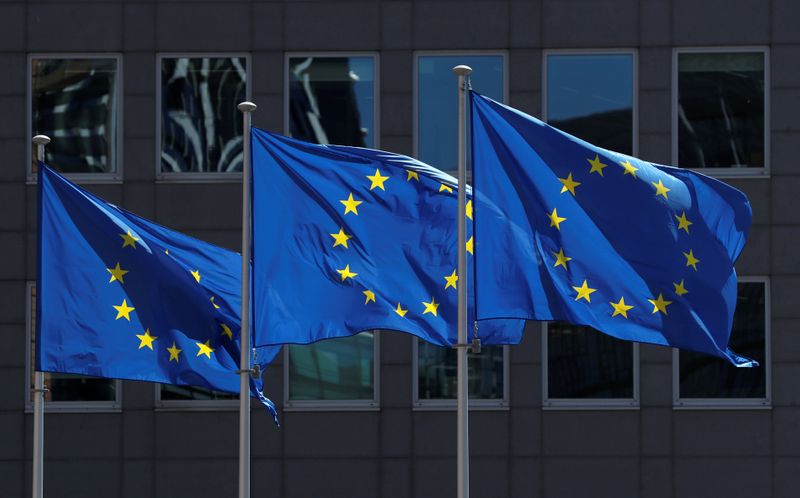BRUSSELS (Reuters) – The European Commission on Wednesday unveiled plans to clamp down on tax regimes seen as unduly beneficial to big corporations in a move it said would aid Europe’s recovery from the COVID-19 pandemic.
European Union countries are seeking to shore up public revenues to fund economic recovery at a time of mounting public anger over tax avoidance by corporations – in particular, multinational digital giants – and wealthy individuals.
The Commission – the EU’s executive – said it would expand its tax code of conduct to tackle member states’ corporate tax regimes that have broadly harmful effects.
The 1997 code is the EU’s tool for blacklisting jurisdictions where tax avoidance or evasion is prevalent but currently it can only address regimes that are deemed preferential: for example, if a country has one tax rate for domestic firms and a different rate for international companies.
Previous plans to change EU tax rules have been thwarted by member states’ veto powers, which mean it takes only one country to block proposed tax reforms.
But the Commission is exploring options to side-step the veto system, possibly by using an article in the EU constitutional treaty that could allow a majority to authorise tax decisions if fair competition is at stake.
EU economics commissioner Paolo Gentiloni said work is underway to identify cases where the article could be used.
“We’re talking about the possibility of deciding on cases of serious distortion to the single market,” he said.
EU efforts to retrieve taxes from digital giants suffered a blow on Wednesday when the bloc’s second-highest court rejected a Commission order that Apple pay 13 billion euros in back taxes to Ireland.
The Commission in May identified six EU countries – Cyprus, Hungary, Ireland, Luxembourg, Malta and the Netherlands – as having tax systems particularly attractive to big corporations.
(Reporting by Kate Abnett; Editing by John Chalmers, Mark Heinrich and Barbara Lewis)






















